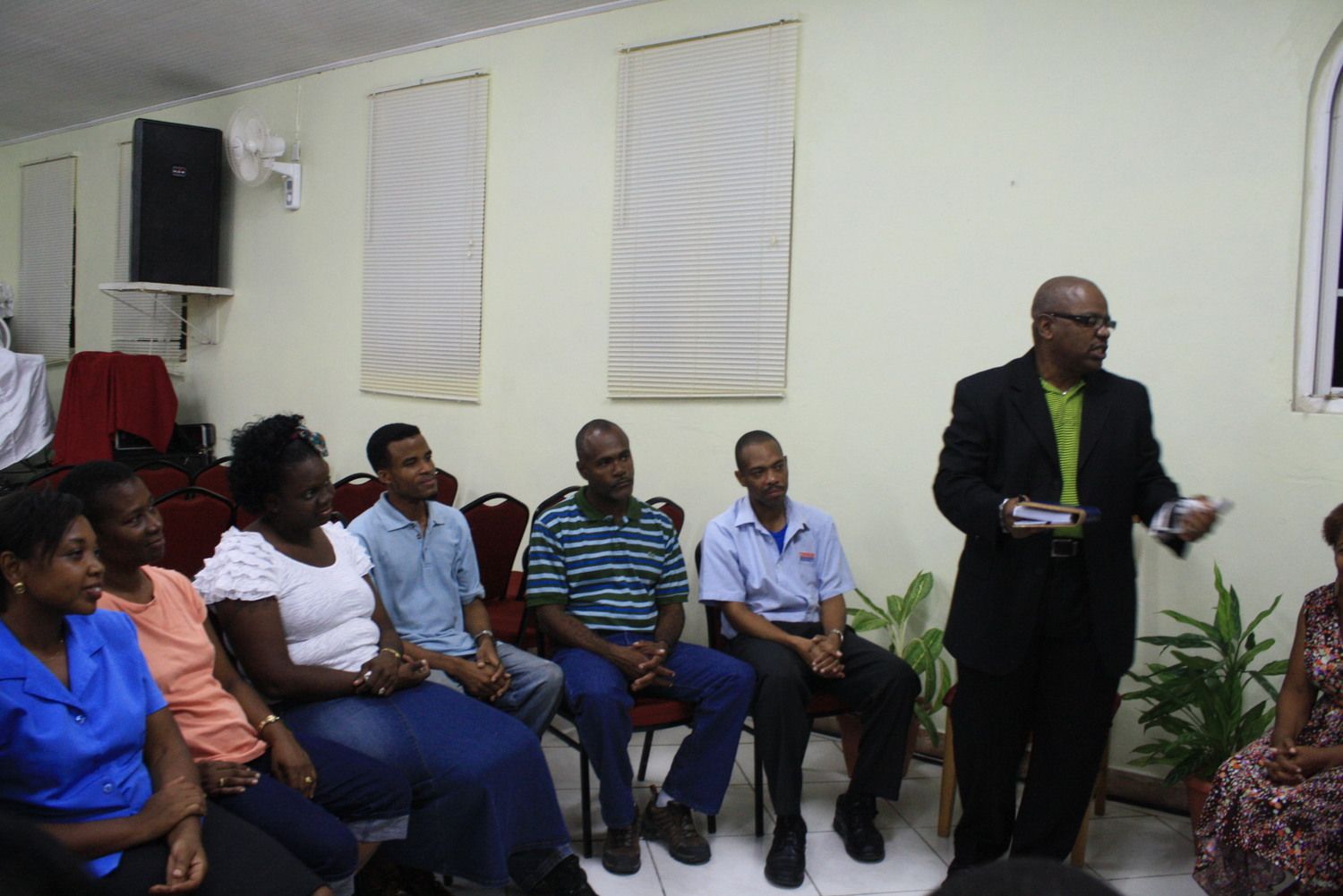Online Group Therapy
Online Group Therapy
L.E.A.P.S. offers several child, adolescent, adult and family social, psychoeducational, and therapeutic services covering leadership, social skills, parenting and co-parenting, anger management, conflict management and resolution, grief and trauma, domestic and sexual abuse and many others.
Group Leadership Nuances, Dynamics and Challenges
Poor group leadership
The quality of leadership exhibited by the group leader is contingent on knowledge, competence, expertise, and experience. In this regard, leaders are challenged as to how much input they allow group members. Insufficient input from group members constitutes overleading; in contrast, granting too much liberty to members who are incapable of generating equity from the group results in underleading.
Shifting focus too often
The nature of group dynamics warrants a level of leadership that keeps control of the topic focus. Failure to keep control of this group process can result in highly counterproductive group dynamics. "During the working stage, the leader should try to deepen the focus to a level that is meaningful for all or most members".
Focusing on too few members
The best way to conquer this particular leadership challenge is to simply and carefully assess individual group member needs. One way to achieve this is to pose questions that generate responses conductive to the most efficient session planning.
Failing to allow time to process activities
Group leaders must remain cognizant of the fact that discussion time and group process activities are time-sensitive. For this reason, sessions should be planned in such a way that these activities do not have to be prematurely curtailed.
Letting the warm-up phase last too long
Skillful group leadership requires that the beginning phase of the group discussion be not over extended. Should this be allowed to happen, the group's purpose may be irreversibly compromised or even lost. According to Jacobs et al. (2012), "The majority of the time during middle sessions should be spent in the working phase and not in the warm-up phase" (p. 292).
Focusing too long on a member
Group leaders may unintentionally commit too much time and attention to a group member who is unable to grasp the content of the group. As a rule the leader should not compromise group productivity and performance for the sake of one member.
Planning too few activities
Activity planning is a critical component of the group process. To this end, prudence dictates that group leaders engage in contingent activity planning in the event that planned activities do not foster anticipated results.
Choosing uninteresting speakers
Making speaker choices is an important event because poor choices can have a deleterious effect on the overall group discussion process. This is particularly critical in the case of education groups. Jacobs et al. (2012) affirm this viewpoint. For educational groups, when using a guest speaker, the leader should make every effort to ensure that the presentation is interesting and stimulating. It is helpful to meet with the speaker in advance to get a preview of the presentation and to make sure the speaker is clear on the purpose of the group and her presentation (p. 294).
Register for Online Group Training Today!
Register for Online Group Training Today!
It'll help in all the ways you didn't know you needed to authenticate your personalized social dynamics.


